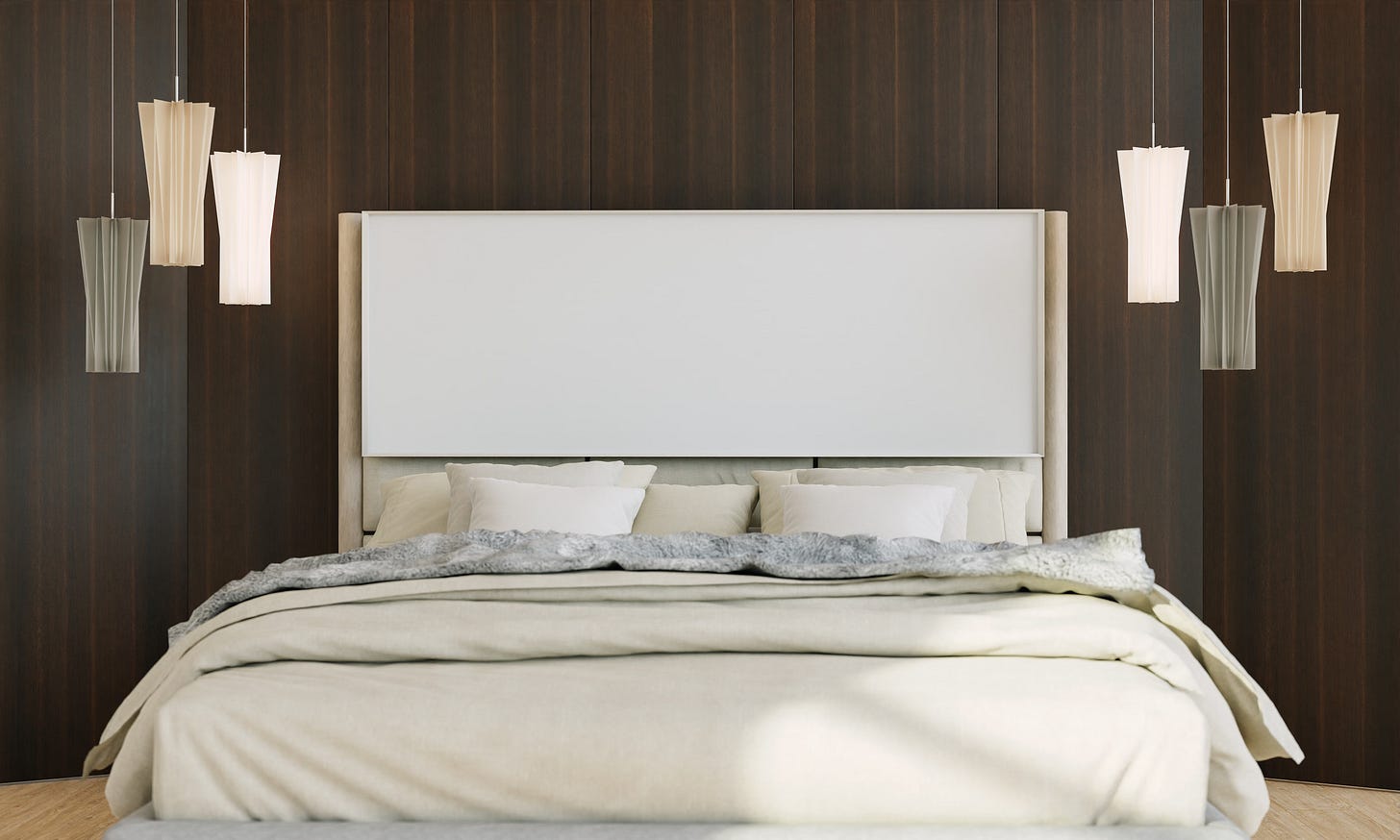😴 The Southeast Asian sleep paradox: Valuing rest vs getting enough
The high cost of the Southeast Asian gap between sleep desire and duration
🎯 The Main Takeaway
Indonesia is the world’s most “sleep-loving” nation, yet it has one of the shortest sleep durations in Asia.
The country ranks highest globally in viewing sleep as important and enjoyable (73%), but scientific reports show the actual average sleep time is only 6 hours and 36 minutes, falling well short of the recommended seven to eight hours. This reveals a critical “sleep gap” in the region.
🔍 Why It’s on Our Radar
The IKEA Sleep Uncovered 2025 survey uniquely measured the cultural value and enjoyment of sleep, gathering insights from over 55,000 respondents. The results place these Southeast Asian countries at the top of the “sleep-loving” list:
Rank of Country with Attitude: View Sleep as Important & Enjoyable
Indonesia 73%
Thailand 71%
The Philippines 68%
Singapore 66%
Attitude: The Winning Category
Indonesia and the other Southeast Asian nations achieved their highest rankings in the survey’s Attitude Toward Sleep measure.
The key metric used to determine this “sleep-loving” status was: The percentage of participants who view sleep as both important and enjoyable.
Indonesia’s winning score of 73 percent means that nearly three-quarters of Indonesian participants see sleep not just as a biological necessity, but as a valued and enjoyable component of overall well-being and a pleasure in itself.
This high cultural appreciation for rest is the factor that placed Indonesia above all other markets globally in this category.
⚖️ What’s at Stake
The conflict between valuing sleep and failing to get enough of it is a significant public health issue.
Health Deterioration: Harvard Medical School recommends adults get at least seven hours of sleep per night. Consistently missing this target impairs cognitive function, increases stress, and raises the risk of long-term health issues.
Productivity Loss: The chronic sleep deficit, highlighted by scientific reports from the World Sleep Congress 2025, translates to billions in lost economic value annually across the region due to low productivity and increased health costs.
🔭 The Big Picture
This sleep paradox is driven by modern lifestyle and cultural pressures common across Southeast Asia:
The Hustle Culture: Long working hours and financial pressure force individuals to sacrifice rest.
The Digital Dopamine: Heavy nighttime gadget use—scrolling through notifications, watching TikTok, and using social media—is a major obstacle to a restful, consistent routine, significantly delaying bedtime.
🏡 Why This Hits Home
The case of Indonesia perfectly illustrates the challenge:
The nation values sleep more than any other on the planet, yet its average sleep time of 6 hours and 36 minutes per night means a massive portion of the population is living in a state of chronic sleep debt.
This discrepancy shows that the problem isn’t a lack of desire for rest, but rather overwhelming pressures—economic, social, and technological—that make it nearly impossible to achieve.
🌏 The Regional Stakes
The data suggests a regional pattern: a high appreciation for rest co-exists with demanding modern life.
Thailand, the Philippines, and Singapore all rank highly in valuing sleep, yet they face similar hurdles that prevent them from hitting the recommended seven to eight hours.
The findings call for a region-wide re-evaluation of work-life balance and digital habits.
✅ The Bottom Line
The IKEA Sleep Uncovered 2025 report reveals a regional struggle: Southeast Asians are deeply conscious of sleep’s value, but structural and cultural habits are making adequate rest unattainable.
Sleep is viewed as important and enjoyable, yet consistently deprioritized in favor of work and technology.
Bridging this gap requires not just awareness but tangible changes to work culture, financial stability, and digital consumption habits.
(ZIL/QOB)







